Food
Did you know that cornflakes were originally invented to cure masturbation?
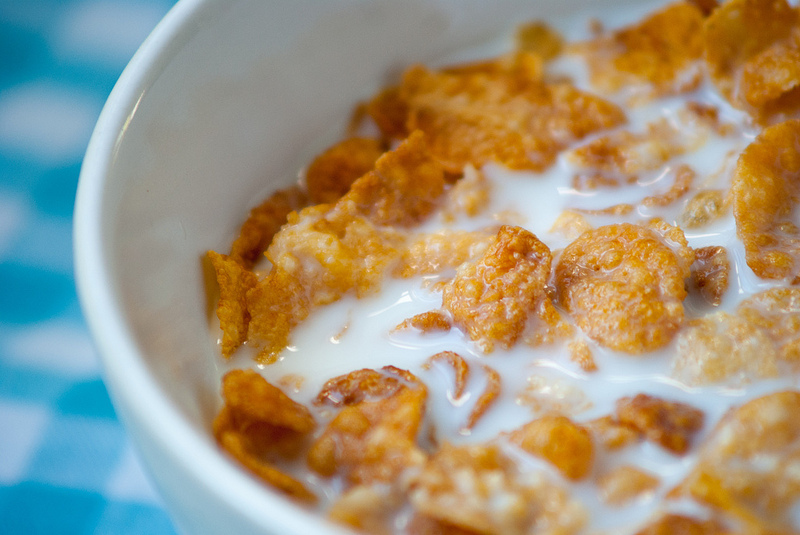
A lot of people love cornflakes and it’s one of the most popular cereal people take for breakfast, dinner or in between meals.
Cornflakes might be popular, but did you know that the invention of cornflakes is actually linked to masturbation?
This can be traced back to Dr. John Harvey Kellogg, a renowned physician and co-founder of the Kellogg cereal company. Kellogg was an influential figure in the health and wellness sphere.
As a Seventh-Day Adventist, he advocated for a wholesome lifestyle that included a vegetarian diet, regular exercise, and abstinence from alcohol and tobacco. History says Dr Kellogg believed that certain dietary choices could suppress sexual desires and behaviours.
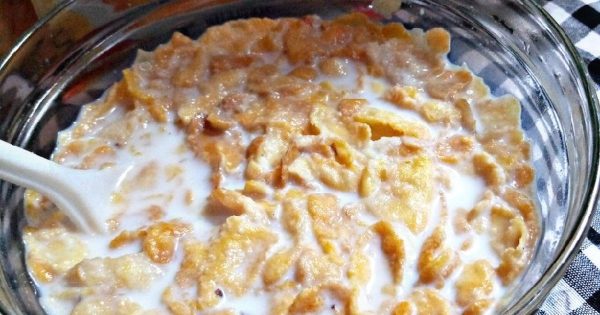
He perceived masturbation as a harmful and sinful act, often linked to physical and mental health issues. As part of his quest to curb sexual impulses, he advocated for a bland, vegetarian diet, which he believed would lead to decreased libido and discourage masturbation, hence the cornflakes idea was born.
Cornflakes were among the foods endorsed by Dr Kellogg as part of his anti-masturbation regimen. At the time, it was plain and unsweetened cornflakes.
He claimed that consuming simple, non-stimulating foods like cornflakes would help reduce sexual thoughts and desires. Cornflakes, being a mild and unexciting cereal, were seen as an ideal addition to the diet for their supposed dampening effect on sexual arousal.
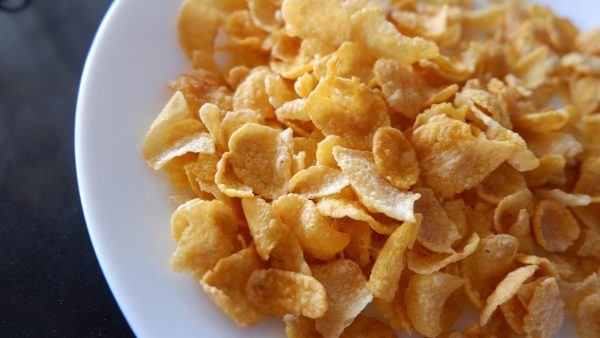
Even though Dr Kellogg’s health and wellness practices gained popularity during his time, his views on masturbation and dietary control were not without controversy. His approach to suppressing sexual urges through diet has been widely criticised as overly simplistic and scientifically unfounded.
Modern medical understanding emphasises that human sexuality is a complex aspect influenced by various biological, psychological, and social factors. Today, the association between diet and sexual behaviour has been debunked by modern science. But it was still one of the drivers of the invention of our beloved cornflakes.
Food
5 amazing facts about pork that makes it the best meat
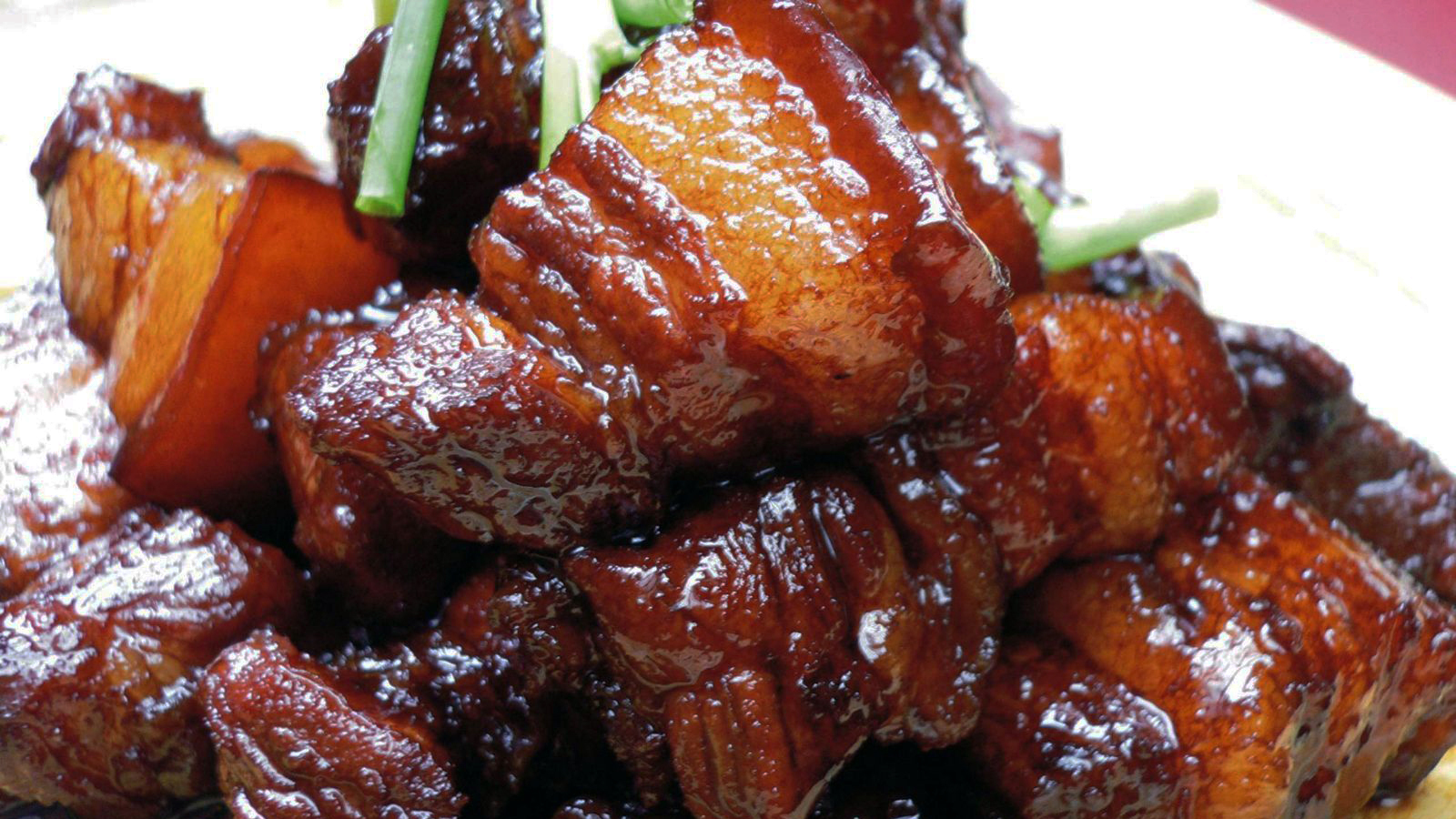
Pork is a controversial choice among meats for many reasons, often hailed for its flavor, versatility, and nutritional benefits.
Here are five amazing facts that make pork a top choice for many consumers:
Flavor and fat content
Pork is highly prized for its rich, savory flavor, which is enhanced by its fat content.
Unlike other meats, much of the fat in pork is interspersed within the muscle, a characteristic known as marbling.
This marbling not only enhances the flavor but also contributes to a tender, juicy texture when cooked, making dishes like pulled pork or pork belly particularly succulent and tasty.
It can be cooked in many ways
One of the most significant advantages of pork is its versatility in cooking. It can be smoked, grilled, roasted, sautéed, or braised.
Pork adapts well to a variety of cooking methods and can be used in countless recipes across global cuisines, from American barbecues with pork ribs to Spanish tapas featuring chorizo or Italian dishes with pancetta.
Many nutritional benefits
Pork is an excellent source of high-quality protein, which is essential for muscle maintenance and growth.
It is also rich in several important vitamins and minerals, including B vitamins (particularly B1, B6, and B12), which are crucial for a range of physiological functions including energy metabolism and neurological health.
Pork also provides important minerals like phosphorus, selenium, and zinc.
It is economical and sustainable production
Pork production is generally more cost-effective and resource-efficient compared to beef.
Pigs have a higher feed conversion efficiency rate than cattle, meaning they convert a greater proportion of their feed into body weight.
This makes pork a more sustainable option in terms of resource use and environmental impact, considering the global need to optimize food production systems.
Rich in creatine
Pork is one of the richest natural sources of creatine, a compound important for energy storage in muscle cells. This makes it particularly beneficial for athletes and bodybuilders looking to improve performance and muscle growth.
Consuming pork can help increase the levels of creatine in the body, potentially enhancing physical performance and aiding muscle recovery during and after exercise.
These attributes make pork a favored choice among many meat-eaters, blending culinary pleasure with substantial nutritional benefits, and making it an appealing option for a balanced diet.
Food
3 foods you must avoid to burn belly fat
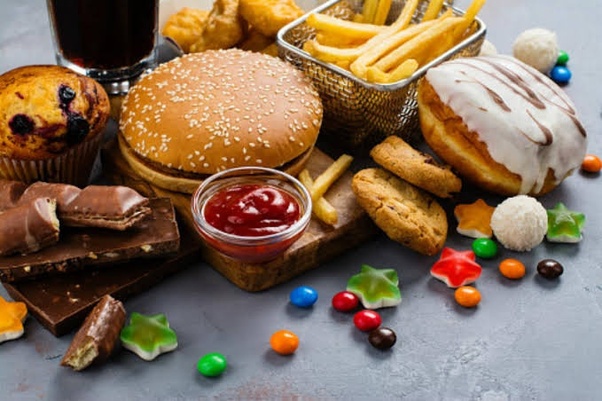
Excess fat around the midsection not only affects your appearance but also poses risks to your health.
While regular exercise and a balanced diet are essential for achieving this goal, certain foods can hinder your progress.
This article explores three foods – both solid and liquid – that you should avoid if you’re aiming to burn belly fat.
1. Processed foods
Processed foods are often high in unhealthy fats, sugars, and artificial additives, making them a major contributor to belly fat accumulation. These include packaged snacks, sugary cereals, fast food, and ready-to-eat meals. These foods are typically low in essential nutrients and fibre, which can lead to overeating and weight gain.
Additionally, the high sodium content in processed foods can cause water retention and bloating, further exacerbating the appearance of belly fat.
Alternatively, opt for whole, unprocessed foods like fruits, vegetables, lean proteins, and whole grains. These foods are rich in nutrients, fibre, and antioxidants, which can support healthy weight loss and reduce belly fat over time.
2. Sugary beverages
Sugary beverages such as soda, fruit juices, energy drinks, and sweetened coffee drinks are loaded with empty calories and contribute to belly fat gain. These drinks are high in fructose, a type of sugar that is metabolised by the liver and stored as fat if consumed in excess. Additionally, sugary beverages provide little to no nutritional value and can cause spikes in blood sugar levels, leading to increased hunger and cravings for unhealthy foods.
Alternative: Stay hydrated with water, herbal teas, or infused water with fresh fruits and herbs. These alternatives are calorie-free and can help curb cravings while promoting hydration and overall health.
3. Refined carbohydrates
Refined carbohydrates like white bread, white rice, pasta, and pastries are quickly broken down into sugar by the body, leading to spikes in blood sugar levels and insulin resistance. This can promote fat storage, especially around the abdominal area. Additionally, refined carbohydrates lack fibre and essential nutrients, leaving you feeling hungry and unsatisfied shortly after eating.
Alternatively, choose whole grains like brown rice, quinoa, oats, and whole wheat bread, which are higher in fibre and nutrients and promote feelings of fullness and satiety. These complex carbohydrates are digested more slowly, helping to stabilise blood sugar levels and reduce belly fat accumulation.
Achieving a trimmer waistline and burning belly fat requires a holistic approach that includes regular exercise and a balanced diet.
By avoiding processed foods, sugary beverages, and refined carbohydrates, you can support your weight loss goals and improve your overall health.
Instead, focus on consuming whole, nutrient-dense foods that nourish your body and promote fat loss. Remember, small dietary changes can lead to significant results over time, so choose your foods wisely and prioritise your health and well-being.
Food
5 foods that can sustain Nigerians amid hardship

With the cost of commodities, including foods, gradually getting above the means of the common man, Nigerians have continued to lament how difficult it is to survive amid the hardship occasioned by the economy.
Here are, however, five affordable foods that can help Nigerians sustain themselves during the hardship:
Garri
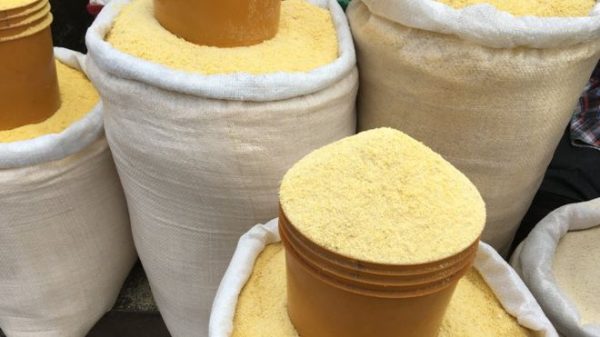
A common food that can be included into various culinary meals, served with soups, or simply consumed as is. It is currently one of the most economical meal items to help you get through the hardship.
Noodles
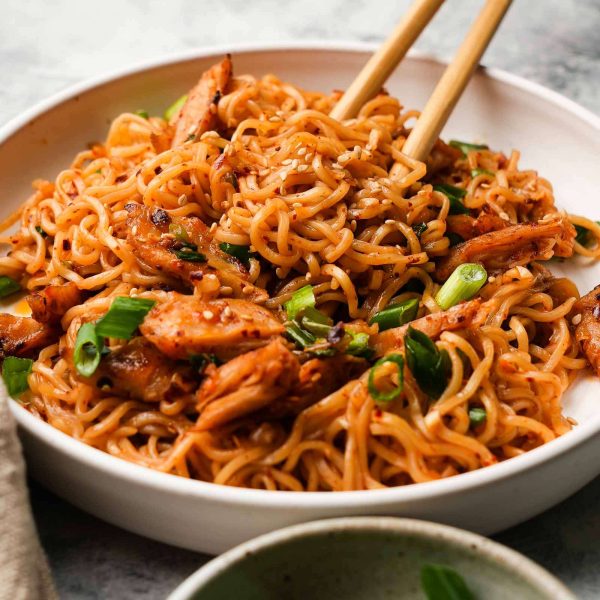
With just N400, you can purchase two noodles and have them quickly cooked to get through some hours in the day, and stave off hunger.
Bread
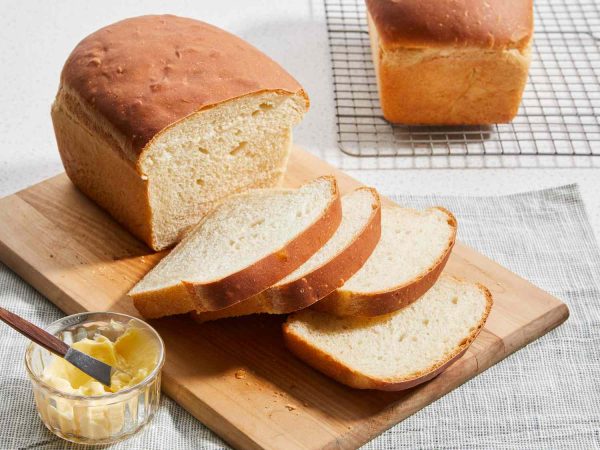
For as little as N500, you can buy a loaf of bread and pair it with butter or stew.
Yam
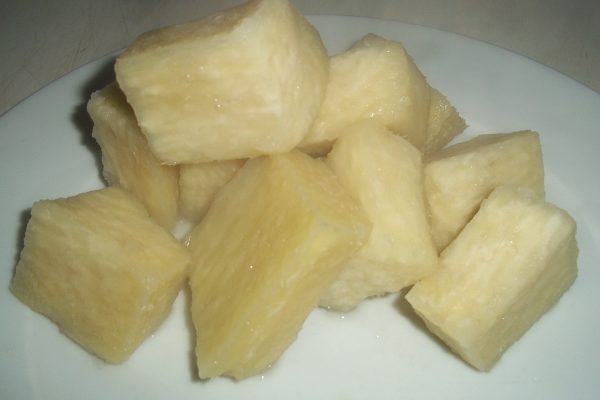
For N1,000 – 1200, you can buy a tuber of yam and eat it twice or three times, depending on how much food you consume.
Vegetables

Amid the hardship, this appears to be a very affordable food option for those who want to cook soup and serve it alongside other solid foods or rice.
-

 News1 week ago
News1 week agoFAAN reopens Lagos airport runway after Dana Air incident
-

 Crime2 days ago
Crime2 days agoUK-based Nigerian doctor, Tijion Esho loses licences over sex for free Botox injections
-

 News5 days ago
News5 days ago‘Mischievous narrative’ — Yahaya Bello’s media office reacts to ‘American school refunding $760k’ claim
-

 News1 week ago
News1 week agoNigeria Air: EFCC vows to arraign Sirika over alleged contract fraud
-

 Education1 week ago
Education1 week agoUNN suspends, probes lecturer attempting to sexually assault female student
-

 Entertainment2 days ago
Entertainment2 days agoGunmen abduct singer Gnewzy in Delta, demand $200k ransom
-

 Entertainment5 days ago
Entertainment5 days agoFamily announces burial arrangements for junior pope
-

 News4 days ago
News4 days agoShake-up in EFCC as Olukoyede appoints chief of staff, 14 directors


















